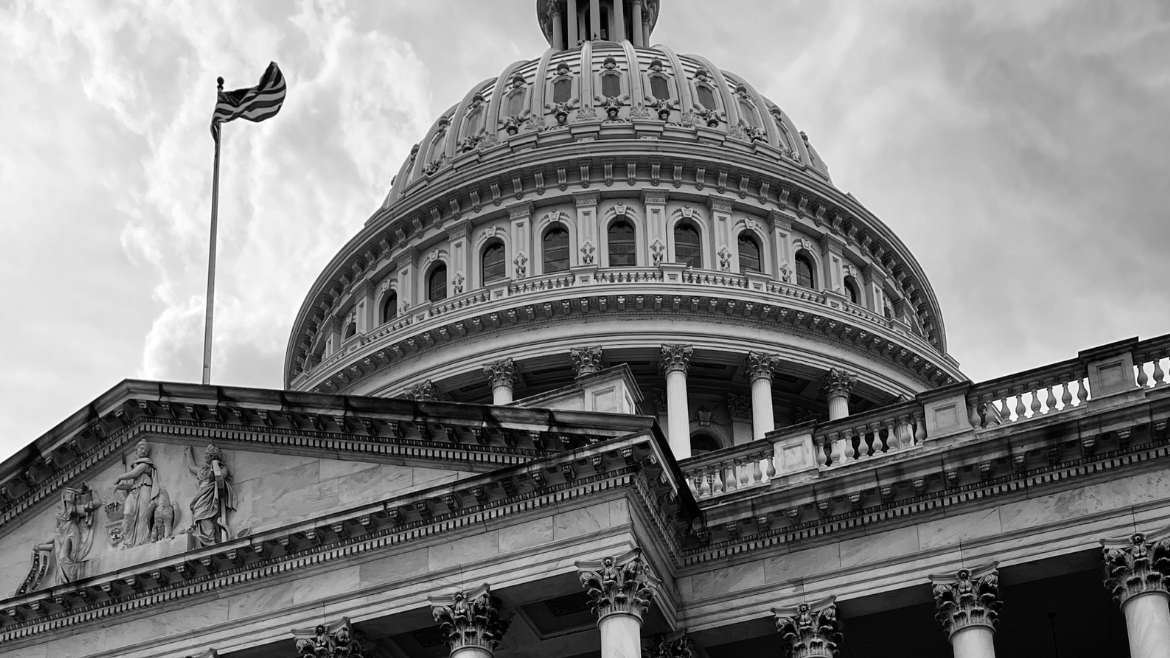
On July 4, President Trump signed H.R. 1, widely known as the “One Big Beautiful Bill” (OBBB), into law. This legislative package received congressional approval July 3, with the House of Representatives passing the measure by a vote of 218-214. The Senate had approved the bill July 1 in a close 51-50 vote, decided by Vice President JD Vance’s tie-breaking vote.
The OBBBA extends numerous provisions from the expiring Tax Cuts and Jobs Act (TCJA). It also implements key tax priorities of the Trump administration, including relief for businesses and new deductions aimed at reducing income taxes on tip income and overtime pay. Furthermore, the bill revises certain TCJA provisions regarding the taxation of corporations’ foreign income and repeals several clean energy tax incentives.
Below is a summary of many key provisions:
Individual Tax Changes: The OBBB largely maintains the 2017 TCJA tax cuts for individuals, ensuring the continuation of lower income tax rates and a doubled standard deduction.
- Several notable enhancements: The Child Tax Credit (CTC) increased to $2,200 and was made permanent, along with the $1,400 refundable credit and $500 dependent credit. A Social Security number is now required to claim the CTC.
- New, temporary tax breaks for tip and overtime pay are introduced for four years (2025-2028), allowing deductions of up to $25,000 for annual tip income and up to $12,500 for qualified overtime compensation, both subject to income-based phase-downs.
- Seniors age 65 or older will benefit from an additional $6,000 deduction through 2028, with a phase-out for modified adjusted gross incomes (MAGI) exceeding $75,000 for single filers and $150,000 for joint filers.
- The State and Local Tax (SALT) deduction limit is set at $40,000, adjusted for inflation, for the period of 2025 through 2029, before reverting to $10,000 in 2030. This increased deduction is also subject to income limitations.
Business Tax Changes: The OBBB makes several crucial business tax breaks permanent:
- The Qualified Business Income Deduction (QBID) under Section 199A is permanently extended.
- The bill restores 100% bonus depreciation and enhances Section 179 expensing, while also introducing a new category for 100% depreciation of qualified production property, such as manufacturing and production buildings.
- For Research & Development (R&D) Expensing, the OBBBA restores 100% deductions for domestic expenditures beginning in 2025, reversing the capitalization requirement imposed since 2022. Businesses can now deduct unamortized domestic R&D costs from prior years entirely in 2025 or split them between 2025 and 2026, with small taxpayers having the option to amend prior returns.
- Finally, the Section 163(j) business interest expense limitation reverts to its pre-2022 calculation, allowing for the inclusion of depreciation, amortization, and depletion addbacks in adjusted taxable income. This change, effective from 2025, will generally increase the deductible amount of annual interest expense.
Clean Energy Policy: The OBBBA significantly reverses the prior administration’s efforts to incentivize clean energy investments. Many clean energy tax breaks passed under the last administration are phased out or eliminated. Specifically, the $7,500 consumer tax credit for electric vehicles (EVs) is eliminated for purchases made after September 30, 2025.
Spending Cuts: The package curtails spending on certain safety-net programs:
- Medicaid: The OBBB imposes cuts to Medicaid, reducing spending on the program by an estimated $1 trillion over the next decade, according to the Congressional Budget Office. These cuts include restraints on federal funding matches for state programs and new work requirements for able-bodied recipients.
- Supplemental Nutrition Assistance Program (SNAP): The OBBB expands work requirements for SNAP (food stamps) recipients, which is expected to decrease the number of individuals qualified for benefits.
Other Provisions:
- Debt Limit: A $5 trillion increase in the U.S. debt limit within the package eliminates the risk of a payment default that the Treasury had forecast for mid-August.
- Immigration and Military Spending: The OBBB provides new resources for immigration enforcement and military spending.
- Direct File: The OBBB funds a study on a private/public partnership to expand Free File, the IRS’s free tax-filing system.
- Excise Tax on College Endowments: The OBBB implements a larger excise tax on the investment income of endowments of private universities and colleges.
- Trump Accounts: The OBBB adopts the framework for new tax-advantaged savings accounts for children (aka “Trump accounts”).
- International Tax Rules: The package includes various changes to international tax rules, including adjustments to foreign tax credits, foreign-derived intangible income (FDII), and global intangible low-taxed income (GILTI).



